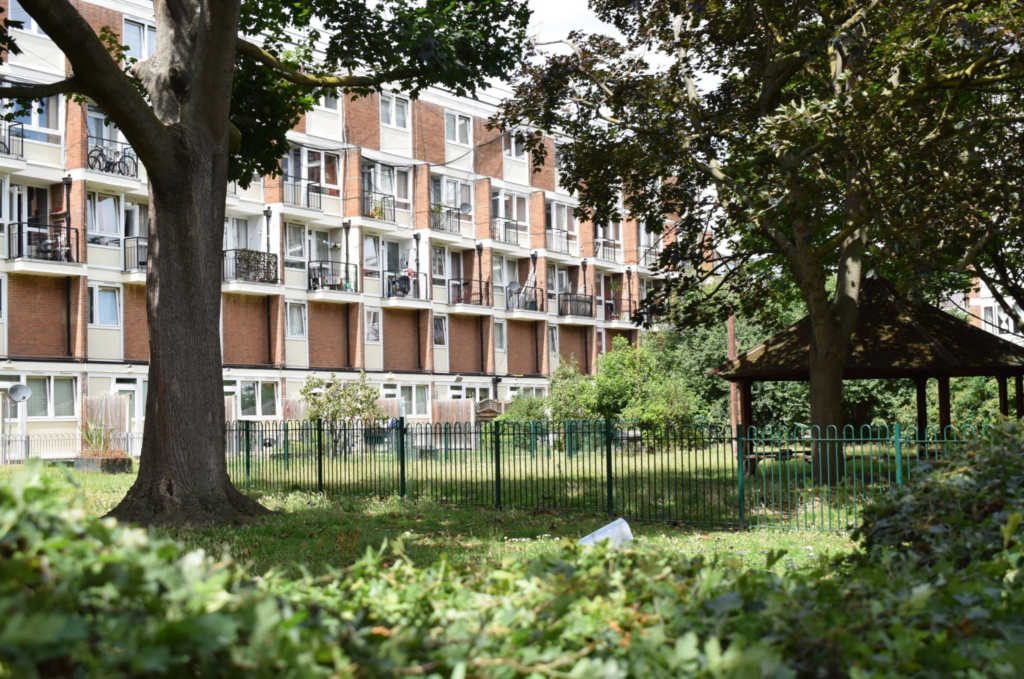Friday 21st February
For those following the passage of the assisted dying bill through parliament, there may not be any immediate parallels with the housing world.
However, whatever your views on the bill, a recurring concern is being played out in the debate. Despite the apparent safeguards in place, there persists a worry that vulnerable people may be coerced into ending their lives simply because they no longer wish to be a burden – to their families, their friends or the state.
This concept of ‘being a burden’ is deeply troubling and is evident across several sectors, including healthcare, mental health and housing. But why do people consider themselves a burden in the first place, and how does this problem play out in the housing sector?
In January, the G15 – a collective of London’s largest housing associations – published a report entitled ‘Taking the stigma out of social housing: the residents’ view’. Nearly half (45%) of social housing residents surveyed report experiencing prejudice or discrimination due to their housing status, while 43% say they have felt stigmatised when interacting with their landlord. With statistics like this, it is no wonder people begin to feel like a burden.
The report delves into how stigma is formed and perpetuated, with residents highlighting the impact of politicians’ words, media depictions of social housing and social media narratives. Residents say they feel social housing tenants are portrayed as a burden to the taxpayer when, in reality, over half are in work.
The stakes are high. It is not just about perceptions, but also about the impact this prejudice has on people’s lives. It is five years since two-year-old Awaab Ishak died in Rochdale due to exposure to mould that was not addressed by his landlord. The Housing Ombudsman’s report highlighted a pattern of “othering” residents, attributing issues such as damp and mould to “cultural practices” and “lifestyle choices”, rather than addressing the underlying causes in the building.
The housing association involved, Rochdale Boroughwide Housing, has since undergone a complete change of leadership, and update reports show significant progress. At a conference in January, its new director of communications spoke about the need for teams to properly represent the communities they serve.
Need for decisive leadership
We also need to consider the current state of play. The government aims to bring forward 1.5 million homes by 2030, but in our pursuit of higher housing volumes, we must not overlook the need for decisive and capable leadership to drive attitudinal change.
Comments suggesting social housing residents ‘should be grateful’, are ‘entitled’ or have caused issues themselves are still common. Language matters and, in line with the Rochdale recommendations, we must root out these attitudes and provide clear information to residents.

The affordable housing sector is at an inflection point, with more for-profit registered providers coming on board each month. These landlords reported owning over 38,500 homes in 2024, up 30% on the previous year. As well as securing stable, long-term returns, investors are looking to deliver positive social impact along with new solutions to intractable problems such as the number of people in temporary accommodation.
We are seeing new ways to create homes that challenge outdated perceptions of social housing and bring new players to the table, who also have a responsibility to challenge these depictions. For-profit registered providers, along with others in the housing sector, have an opportunity to shift perceptions by promoting a positive narrative on social housing; showcasing an accurate representation of social homes and the people who live in them.
This includes highlighting some of the excellent new homes being created. Regular registered providers, for-profit companies, housing organisations such as my own and the broader sector must work together to shift perceptions, which will bring substantial benefits to communities.
We must create an environment where all residents feel valued and respected, ensuring that social housing is seen as a vital, positive force in our communities.

Claire Kober
Managing Director (Homes), Pinnacle Group
This article was originally featured in Property Week, on 19th February 2025.